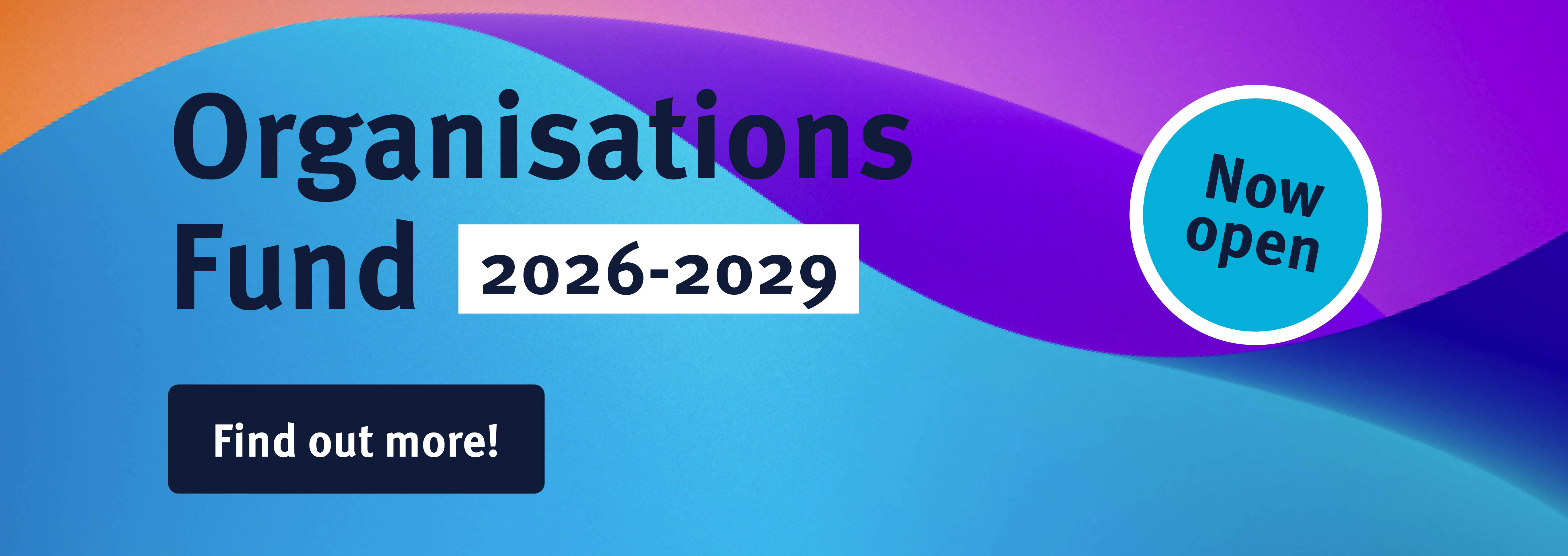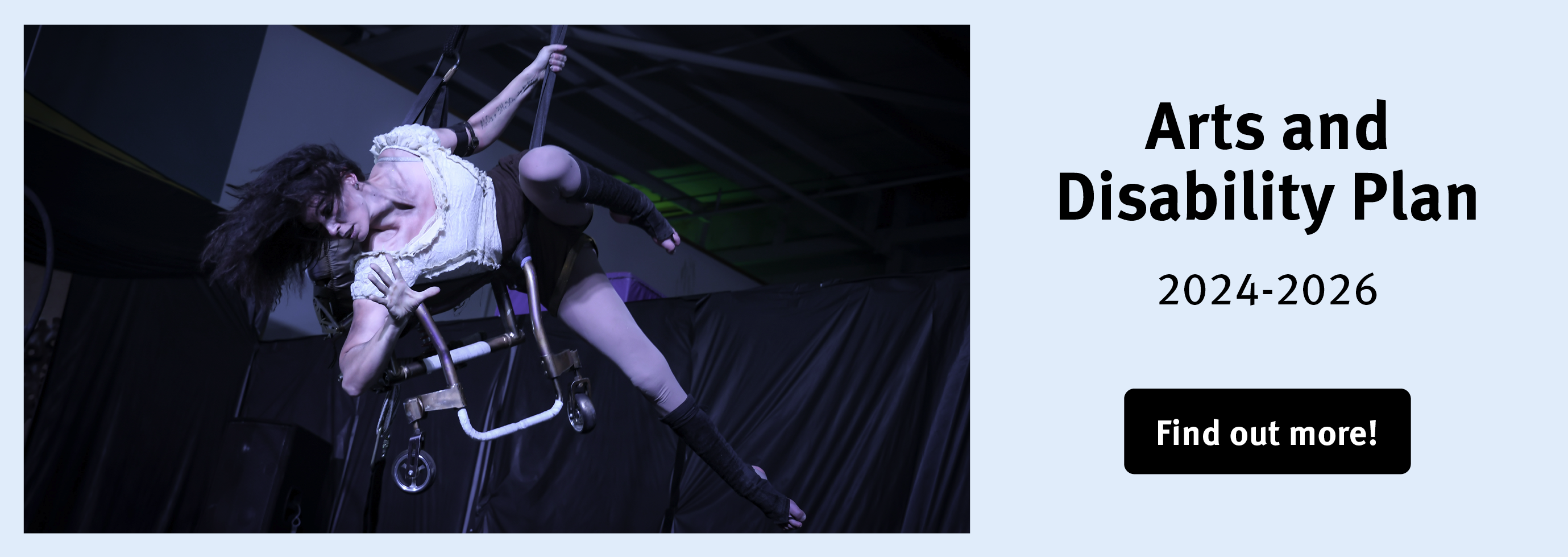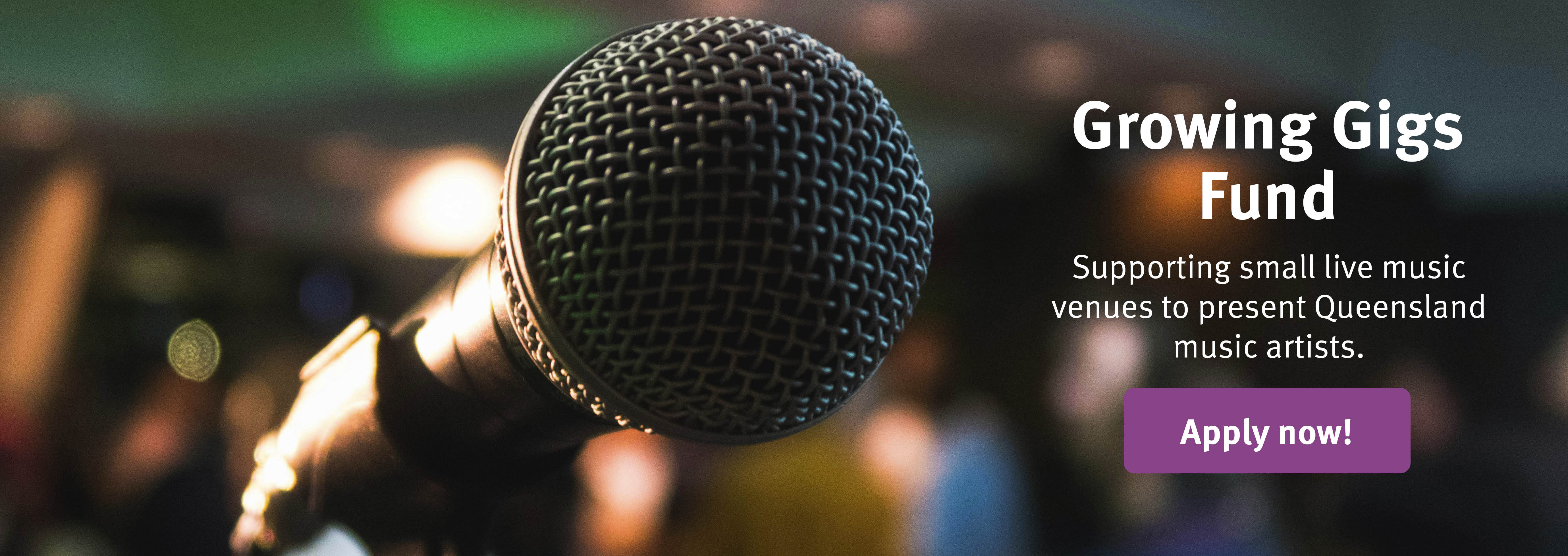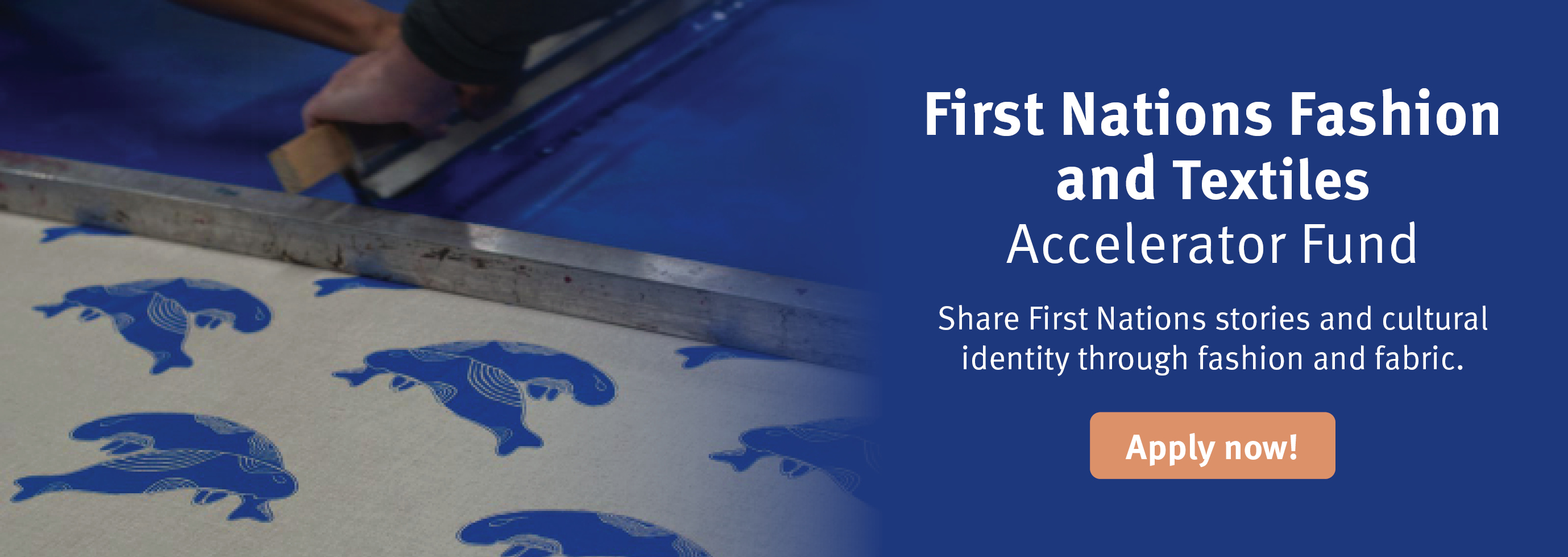Arts encourage a different kind of thinking and analysis, one based on more than just a cognitive connection – it has resonance deep within us. I remember Richard Gill, when presenting orchestral concerts to young people, saying ‘I don’t mind if you don’t like or you do like this music… What I want to know is what you think about it.’
Music educator, Margie Moore OAM, offers her insights and practical advice on arts education…
Arts encourage a different kind of thinking and analysis, one based on more than just a cognitive connection – it has resonance deep within us. I remember Richard Gill, when presenting orchestral concerts to young people, saying ‘I don’t mind if you don’t like or you do like this music… What I want to know is what you think about it.’
There is increased recognition regarding the value of arts education and community engagement. The majority of the 28 Major Performing Arts companies, many galleries and museums and some of the smaller arts companies have personnel whose responsibility is connected to education, audience development and engagement and community awareness of their art form. This ranges from performances and exhibitions particularly aimed at children through to activities designed to activate public spaces.
Communication is key to establishing true engagement and relevance for both arts practitioners and the education sector. Teachers need good professional development and opportunities to involve their students regularly with quality arts practice. This can be done through digital education such as Musica Viva’s extraordinary Musicessentials and Live Performance Plus resources that can be accessed digitally or in person. It can also be done through well run professional development such as the Sydney Symphony Orchestra’s TunED-Up program or the Orff Schulwerk Association Levels courses that provide a week’s accredited professional development in every state. It has been my privilege to be involved in these programs and to see the positive outcomes for teachers and students, but it is only a drop in the ocean.
One of the biggest challenges is overcoming teachers’ lack of confidence and experience in teaching arts. It is well documented that teacher-training institutions are not able to offer adequate training or time in this area. This is despite best efforts, such as the Music, Movement and Dance course I teach in at UTS which targets primary teacher trainees. We only have the students for one semester and even after extending the course to three hours a week we still have limited time to teach the necessary skills and practice. This means teachers sometimes lack confidence in delivering appropriate and sequential arts education. It is therefore even more important for arts organisations to assist by providing programs, but nothing can replace good quality, consistent teaching in schools. Richard Gill has established a National Music Teacher Mentorship Program for school teachers, as an attempt to redress this shortfall.
The most important thing to do as an artist is to practice the art of communication – seek out education personnel who will give you a real perspective on how they and their students engage with your art form. My other tips are:
- Consider all options in your form of presentation. Do not just rely on live performance or digital solutions. Offer a range of options and entry and access points.
- Encourage students and teachers to attend live performances outside of normal school time whenever possible and make it as easy as possible for them to do so.
- Offer professional development for the teachers as part of the package.
- Encourage teachers to follow up the experience with some kind of ‘Incursion’ or ‘Informance’ where they relay back to their school what they have gained from the experience.
- Find out where the stumbling blocks are – summarise the curriculum outcomes that will be achieved by attending; prepare a sample risk assessment for the venues you are using; develop templates that help decrease the administrative load on teachers who are willing to make the effort to bring a group of children out of their school environment.
- Utilise your local education community in forming focus groups and attend teacher events to talk informally about your programs and what teachers’ needs are.
- Keep informed on latest developments in curriculum, school rules and policies, research and innovations.
- Use social media to keep your profile as current as possible. Engage with forums such as the Arts Education Facebook site.
- Be open and available to chat – building trust is very important.
Beyond everything, remember how arts education can transform lives, like those of the students in the Moorambilla Voices MAXed OUT program, featured in the photo above. Keep that at the forefront of your thinking, planning, budgeting and advocacy for the role of arts in education.
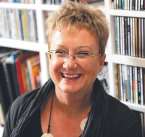
Margie Moore OAM has extensive experience as an arts, education and music educator and administrator. She has had successful careers as a teacher, music consultant, lecturer in arts education and managing the highly regarded Sydney Symphony Education Program. Most recently she has worked for the Australia Council for the Arts, The Australian Chamber Orchestra, Moorambilla Voices, Musica Viva, Music Australia, the NSW Department of Education and Training, Symphony Services International, Sydney Opera House, the University of Technology Sydney and Warhorse Australia. Margie has been a member of and actively involved with the NSW and National Orff Schulwerk Associations since the early eighties and has held executive positions at both state and national levels. In January 2011 Margie was awarded an Order of Australia Medal for her services to Arts through Music Education.
Feature image: Participants in the 2013 Moorambilla Voices MAXed OUT program. Photographer David Smyth.


